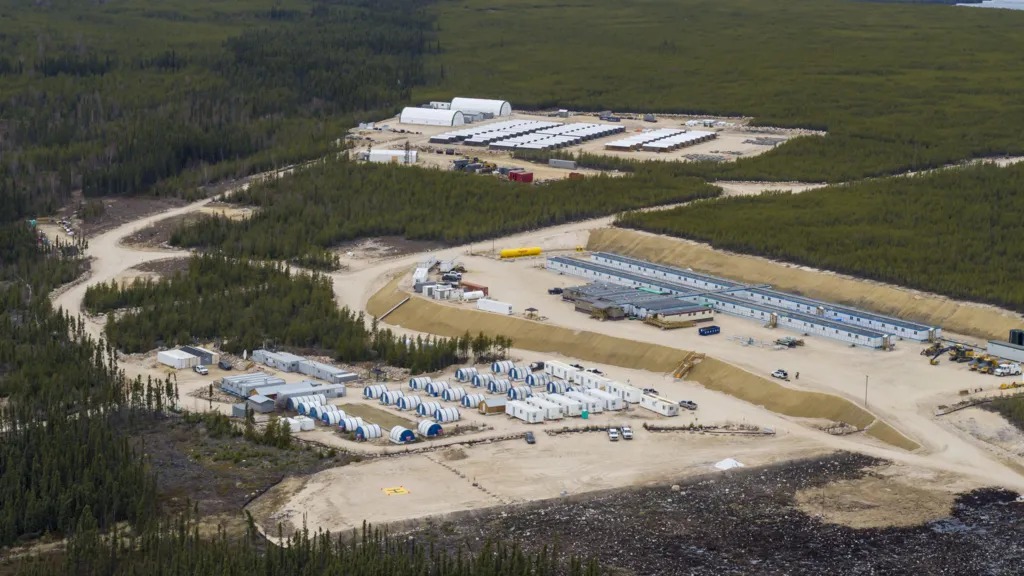
Why Canada Could Become the Next Nuclear Energy Superpower
As the world increasingly looks to nuclear energy to address the climate crisis, Canada’s nuclear energy potential has drawn significant attention. Rich in high-grade uranium deposits, Canada is positioning itself as a potential leader in the global nuclear energy market. But while demand for uranium has skyrocketed in recent years, the path to becoming a “nuclear superpower” is filled with challenges.
The Rise of Uranium and Canada’s Role
Uranium, a critical component for nuclear fuel, has experienced a remarkable revival. Once in decline after the 2011 Fukushima disaster, uranium prices have surged over 200% in recent years. Experts attribute this to shifting global attitudes, with influential voices like Bill Gates and policy changes across the UK and the European Union highlighting nuclear energy as a key solution to climate change. Leigh Curyer, CEO of NexGen, believes Canada’s Athabasca Basin, home to his company’s $4 billion uranium mine, is central to the country’s nuclear aspirations.
Canada currently stands as the world’s second-largest uranium producer, but NexGen’s mine could elevate it to the top. As countries seek to triple nuclear output by 2050, Canada’s nuclear energy potential offers a viable solution for meeting this growing demand.
Canada’s Unique Nuclear Advantage
Canada’s uranium is highly prized for its high grade, especially in the Athabasca Basin. According to nuclear engineering professor Markus Piro, Canada is a “tier-one nuclear nation” capable of not only mining but also processing uranium for fuel. This complete nuclear supply chain, from extraction to fuel manufacturing, positions Canada as a unique player in the industry.
With around 130 uranium exploration companies active in Saskatchewan, Canada is well-positioned to supply uranium globally, especially as the United States seeks alternatives to Russian-supplied uranium.
Public Support and Safety Concerns
While Canada’s nuclear energy sector shows promise, it faces criticism and resistance. Environmental groups argue that nuclear projects are costly and may not meet the urgent timelines required to mitigate the climate crisis. In addition, nuclear plants come with long-term waste management issues, and the specter of disasters like Fukushima remains a concern for many.
Although Canada enjoys relatively strong public support for nuclear power, with 55% in favor according to a 2023 Ipsos poll, certain regions, such as British Columbia, remain opposed to nuclear projects and uranium mining due to environmental and safety concerns.
The Road Ahead for Canada’s Nuclear Aspirations
While NexGen and Cameco lead the charge, the journey to nuclear superpower status is complex. Uranium exploration is a lengthy process, often taking 5-10 years from discovery to production. Past uranium booms have seen dramatic busts, as evidenced by the decline of Uranium City, once a thriving community that now has only 91 residents. Industry leaders caution that many projects may never reach production due to regulatory challenges and market fluctuations.
Curyer and others in the industry believe that timely project approvals are essential to avoid uranium shortages that could raise power prices worldwide. As global demand for uranium continues to grow, Canada has a window of opportunity to solidify its role in the future of nuclear energy, but realizing this vision will require navigating environmental, regulatory, and economic hurdles.
External Link:
Read more about Canada’s nuclear energy potential





